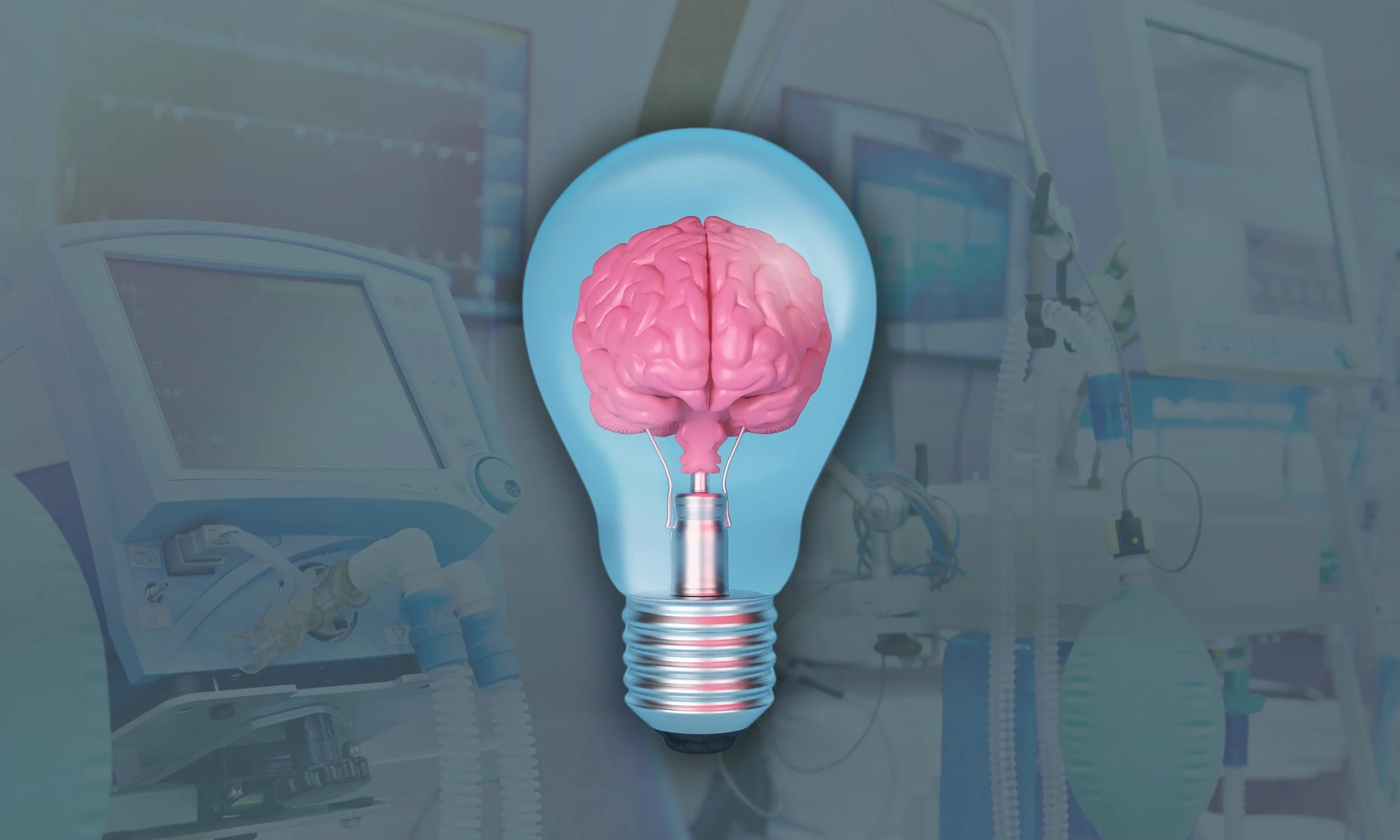A question we’ve been asked is: "How is grief different than depression and can people who are grieving receive ketamine treatments?"
Comparing Grief and Depression
Sometimes it can be hard to tell the difference between grief and depression since they have very similar symptoms such as:
Intense sadness
Loss of appetite
Difficulty sleeping
Weight loss
Decreased energy
However when you really examine the two, you can see that there is indeed a difference. Grief is a normal response to a tragic event or a loss and typically fades over time. The feelings of grief can recur with triggers such as reminders of the event or reminders of the individual lost. Depression, on the other hand, is something that is more intense, longer lasting, and doesn't really resolve with time.
Experiencing Grief Is A Normal Process
So does ketamine help someone who is grieving? It is important to allow for time and processing of grief. This is critical and it's a normal natural thing for humans to experience. Grief alone is not an indication for starting ketamine infusions. It is important to allow for time for mourning and reflection. Feeling and expressing the feelings which come up during this time of grief is part of the healing process. However, if the grief seems to go for an extended period of time or gets worse over time, then ketamine may be an option in this scenario.
Benefits Of Ketamine As A Treatment Option
Ketamine typically is not used for the initial normal healthy grieving period but if this grief transitions into depression, ketamine is definitely something to consider. One of the benefits of ketamine is it may help you gain a different perspective about the feelings you are experiencing. It might give you a paradigm shift in how to address your sadness or pain. Another benefit is how quickly ketamine can alleviate depression symptoms. For some, improved symptoms can occur hours to days after the first infusion, and for many after a few infusions! This is revolutionary compared to traditional depression treatment such as selective serotonin reuptake inhibitors (SSRIs) which can take 4-6 weeks before improvement is seen.














Explore Stellate Ganglion Blocks (SGBs) as a non-hormonal option for hot flashes. Learn how they work, who they help, and what to expect.